Be a Millionaire Day
Pick Strawberries Day
National Quiche Lorraine Day
1819-Birthday of Queen Victoria cekebrated.
Victoria Day is a federal Canadian public holiday celebrated on the last Monday preceding May 25, in honour of Queen Victoria’s birthday. As such, it is the Monday between the 18th to the 24th inclusive, and thus is always the penultimate Monday of May (May 20 in 2024).
The date is simultaneously that on which the current Canadian sovereign’s official birthday is recognized. It is sometimes informally considered the beginning of the summer season in Canada and the first day that it is safe to plant a garden without danger of frost.
 Birthday of Dolley Madison in 1768. Dolley Todd Madison was the wife of James Madison, 4th President of the United States from 1809 to 1817. She was noted for holding Washington social functions in which she invited members of both political parties. She was the only First Lady given an honorary seat on the floor of Congress.
Birthday of Dolley Madison in 1768. Dolley Todd Madison was the wife of James Madison, 4th President of the United States from 1809 to 1817. She was noted for holding Washington social functions in which she invited members of both political parties. She was the only First Lady given an honorary seat on the floor of Congress.
Lafayette Day, commemorating the 1834 death of the Marquis de Lafayette, French general who aided the armies of the American Revolution. At birth he was named “Marie-Joseph-Paul-Yves-Roch-Gilbert du Motier de La Fayette”. In 1779 the marquis named his newly born son Georges Washington de Lafayette in honor of the American revolutionary. Three years later, at the suggestion of Thomas Jefferson, Lafayette named his youngest daughter Marie Antoinette Virginie to honor both the French queen and the state of Virginia. In 2002 Lafayette became the sixth foreign national to be given honorary American citizenship by Congress.
1775 – Citizens of Mecklenburg County, North Carolina declare independence from Britain
Eliza Doolittle Day, established in honor of the heroine of Bernard Shaw’s Pygmalion to encourage the proper use of language. Pygmalion became more popularly known as the film “My Fair Lady”.
First railroad timetable published in newspaper (Baltimore American) on May 20, 1830.
Cuba becomes independent from the United States on May 20, 1902. Cuba was claimed for Spain in 1492 by Columbus. Following the Spanish-American War of 1898, Cuba was administered by the U.S. until 1902.
 The first Norman Rockwell Saturday Evening Post cover was published May 20, 1916. Entitled Boy with Baby Carriage, it shows 2 boys in baseball uniforms scoffing at another boy dressed in his Sunday suit pushing a baby carriage. One of Norman Rockwell’s favorite models, Billy Paine, posed for all three boys. For this painting, Rockwell received $75.00.
The first Norman Rockwell Saturday Evening Post cover was published May 20, 1916. Entitled Boy with Baby Carriage, it shows 2 boys in baseball uniforms scoffing at another boy dressed in his Sunday suit pushing a baby carriage. One of Norman Rockwell’s favorite models, Billy Paine, posed for all three boys. For this painting, Rockwell received $75.00.
May 20, 1926 – Congress passed Air Commerce Act, licensing of pilots & planes.
Railway Labor Act became law. It is a United States federal law that governs labor relations in the railroad and airline industries. The Act, passed in 1926 and amended in 1934 and 1936, seeks to substitute bargaining, arbitration and mediation for strikes as a means of resolving labor disputes.
1927 – At 7:40 AM, pilot Charles Lindbergh took off from New York’s Roosevelt Field to cross Atlantic.
1932 – Amelia Earhart left Harbor Grace, Newfoundland to become the first woman to fly solo across Atlantic.

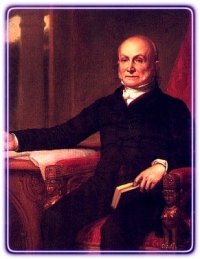 1828 –
1828 –  1941 – New Nazi battleship Bismarck left Gdynia, Poland.
1941 – New Nazi battleship Bismarck left Gdynia, Poland.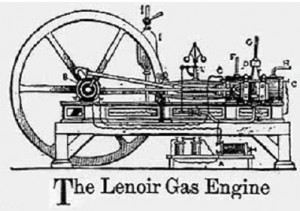 Jean Joseph Etienne Lenoir built first automobile in 1862. He was a Belgian engineer who developed the internal combustion engine in 1858.
Jean Joseph Etienne Lenoir built first automobile in 1862. He was a Belgian engineer who developed the internal combustion engine in 1858.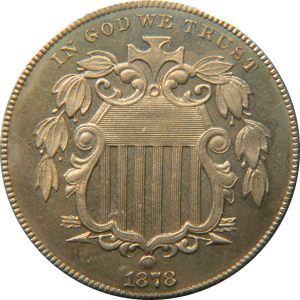 In 1866, Congress authorized the nickel 5 cent piece to replace the silver half-dime.
In 1866, Congress authorized the nickel 5 cent piece to replace the silver half-dime.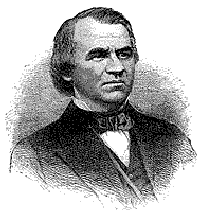 By one vote, Senate fails to impeach
By one vote, Senate fails to impeach 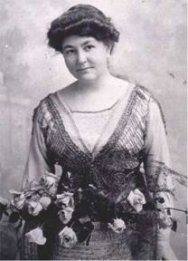 Birthday of Ellen Axson Wilson ( (May 15, 1860), wife of
Birthday of Ellen Axson Wilson ( (May 15, 1860), wife of 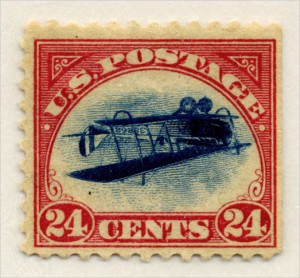 1918 – First airmail postal service inaugurated with service from New York to Philadelphia and to Washington, D.C. The first U.S. airmail stamp cost 24 cents. Domestic airmail became obsolete in 1975 and international air-mail in 1995.
1918 – First airmail postal service inaugurated with service from New York to Philadelphia and to Washington, D.C. The first U.S. airmail stamp cost 24 cents. Domestic airmail became obsolete in 1975 and international air-mail in 1995. 1973 –Nolan Ryan pitches his first no-hitter. He had seven in his active career.
1973 –Nolan Ryan pitches his first no-hitter. He had seven in his active career. St Louis’ Busch Memorial Stadium opened in 1966. It was home to the St. Louis Cardinals National League Baseball team for its entire operating existence while also serving as home to the NFL’s Cardinals team from 1966-1987. It replaced Sportsman’s Park. It was demolished in 2005 and replaced with the new Busch Stadium.
St Louis’ Busch Memorial Stadium opened in 1966. It was home to the St. Louis Cardinals National League Baseball team for its entire operating existence while also serving as home to the NFL’s Cardinals team from 1966-1987. It replaced Sportsman’s Park. It was demolished in 2005 and replaced with the new Busch Stadium.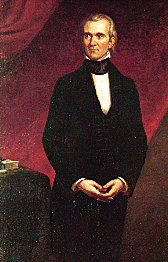

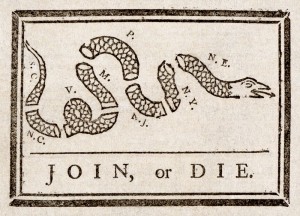 The first newspaper cartoon in America was created by Benjamin Franklin and published in his “Pennsylvania Gazette” on May 9, 1754. It showed a divided snake with the caption: “Join or Die”. Each segment represented one colony or region.
The first newspaper cartoon in America was created by Benjamin Franklin and published in his “Pennsylvania Gazette” on May 9, 1754. It showed a divided snake with the caption: “Join or Die”. Each segment represented one colony or region. Jim Gentile of the Baltimore Orioles became the first player in baseball history to hit grand slams in consecutive innings on May 9, 1961.
Jim Gentile of the Baltimore Orioles became the first player in baseball history to hit grand slams in consecutive innings on May 9, 1961.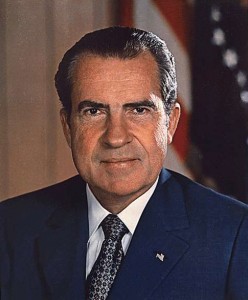 Watergate Scandal: The United States House of Representatives Judiciary Committee opened formal and public impeachment hearings against
Watergate Scandal: The United States House of Representatives Judiciary Committee opened formal and public impeachment hearings against 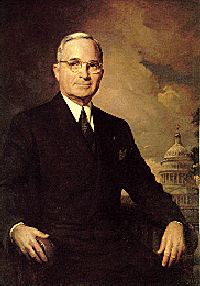 Birthday of
Birthday of 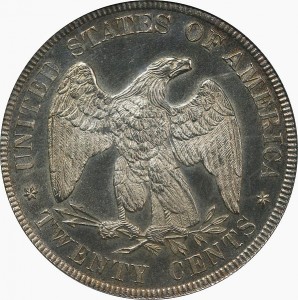
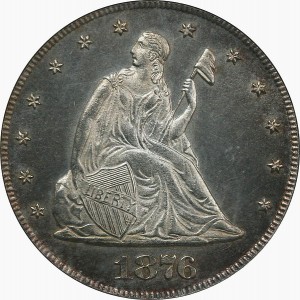

 1947 – In Nevada, the Boulder Dam was renamed the Hoover Dam a second time.
1947 – In Nevada, the Boulder Dam was renamed the Hoover Dam a second time. 1987 Bill Elliott set the all-time speed record of 212.8 mph at Talladega Speedway during qualifying for the race to be run on May 3, 1987.
1987 Bill Elliott set the all-time speed record of 212.8 mph at Talladega Speedway during qualifying for the race to be run on May 3, 1987.